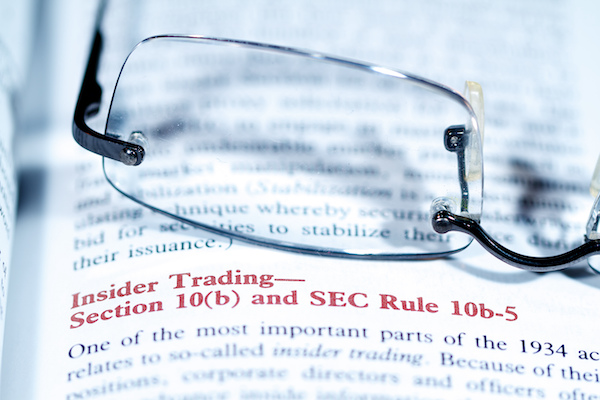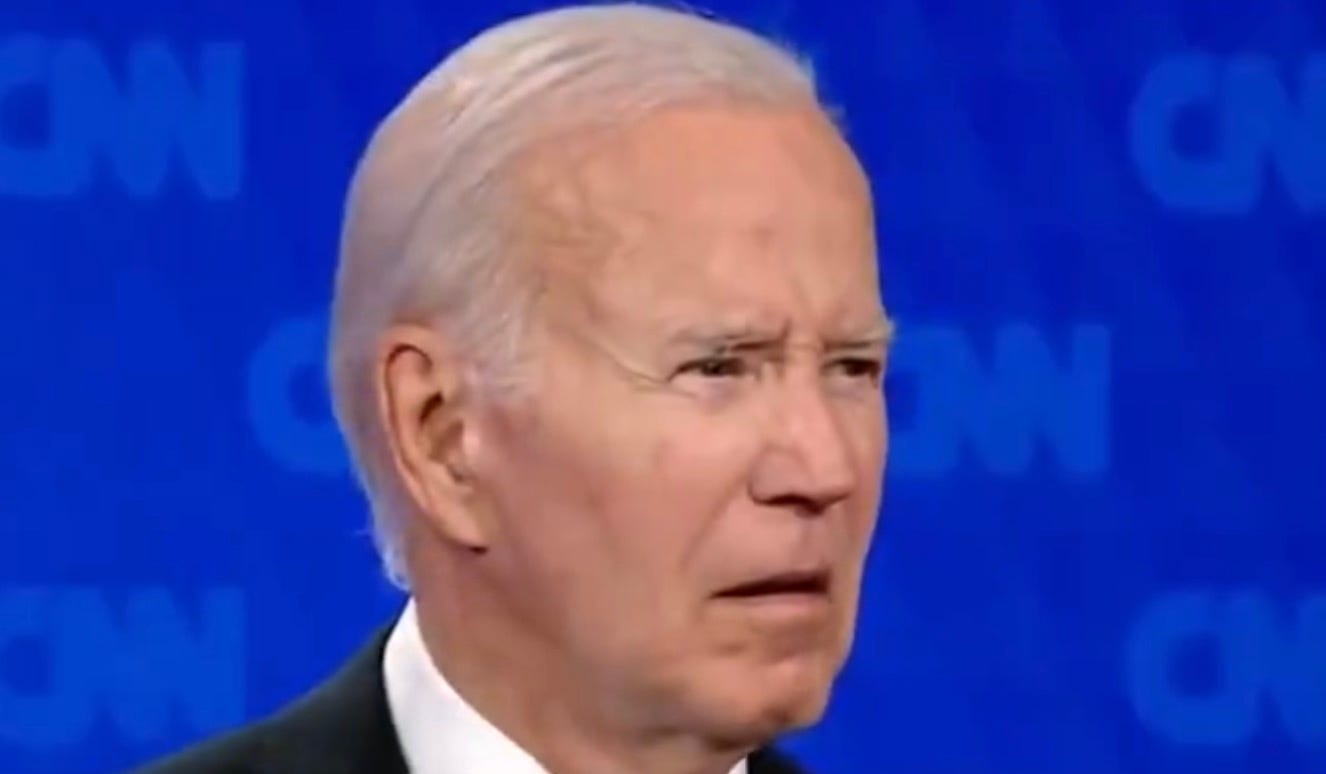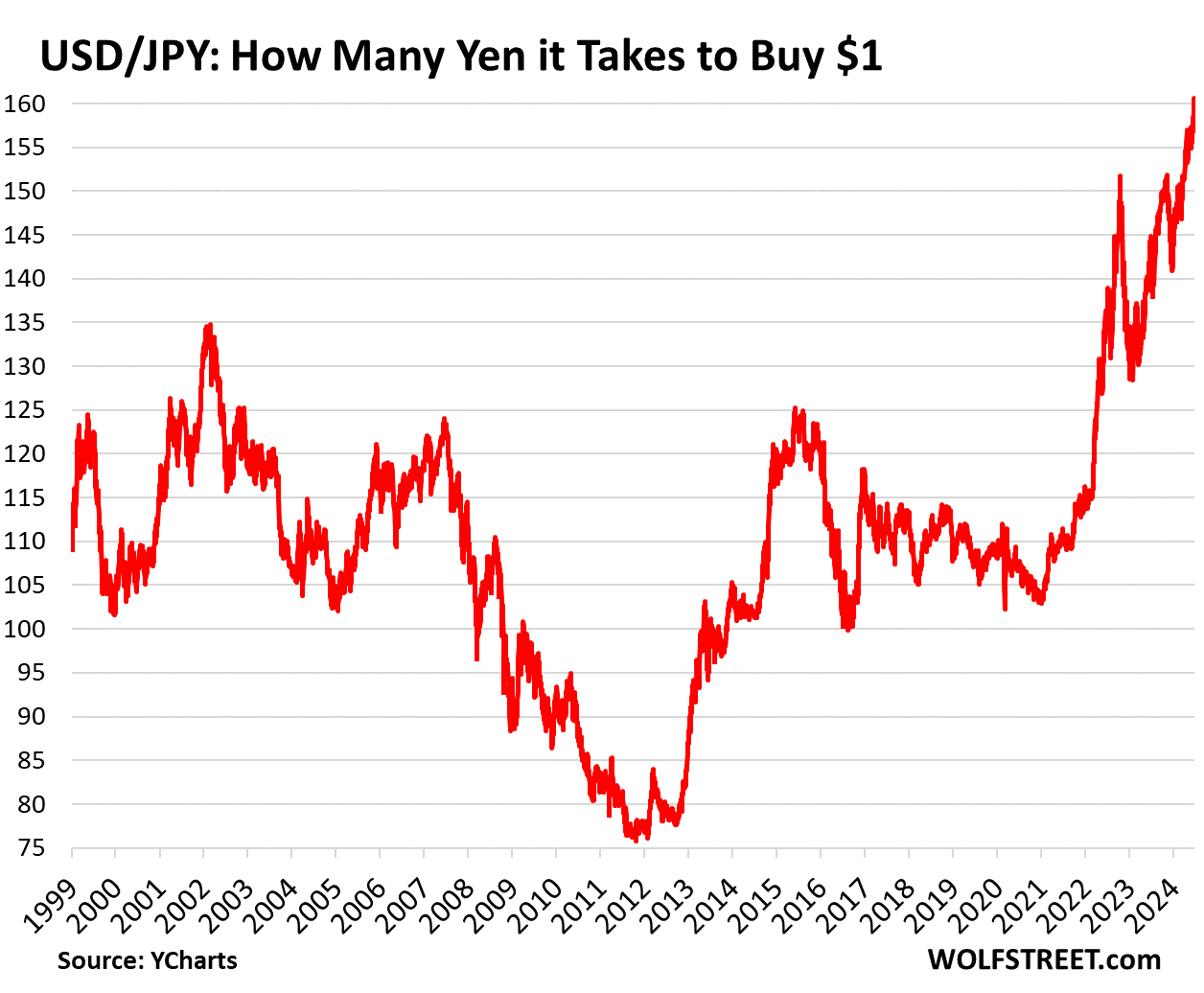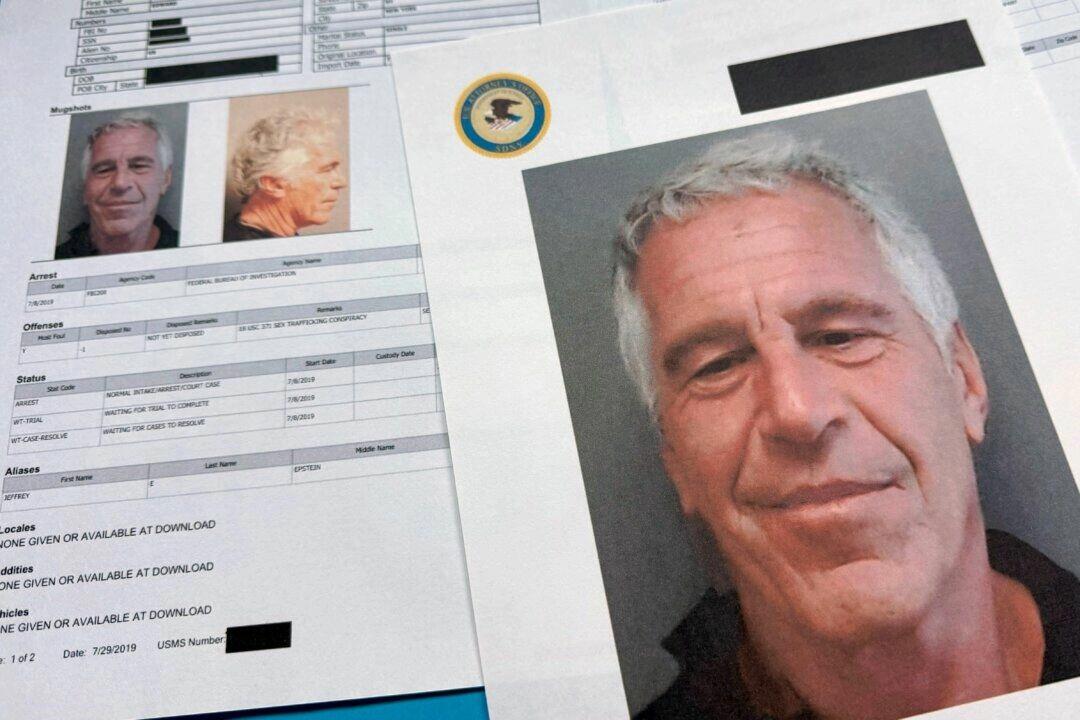One major hallmark of declining times is exploding corruption and venality. If you cannot look forward to better times then better line your pockets now comes what may. The US is certainly at the vanguard of the trend with corruption at the highest level on par with the worst corners of Africa.
There is nothing new to the phenomenon, the CIA has been known to corrupt almost everything it touches with dirty money. Central America earlier, Afghanistan subsequently and later when the Talibans took back control of the country and stamped out opium cultivation, Ukraine, which has become the center of money laundering in the Western hemisphere.
Th problem with corruption is that it is cancerous and just like cancer, left unchecked it tends to spread relatively quickly to other governments organs until it reaches the highest level of government at which point the fate of the country is sealed. With people like Pelosi in Congress and Biden in the White House, the US is too far gone for any remediation. When the dollar falls, Washington like Rome before it will burn. Worse, the "barbarians" who look more like zombies these days than ferocious foreigners are already inside the city.
Via International Man

International Man: What exactly is insider trading? Is it inherently unethical?
Doug Casey: The term insider trading is nebulous and
as open to arbitrary interpretation as the Internal Revenue Code. A
brief definition is to “to trade on material, non-public information.”
That sounds simple enough, but in its broadest sense, it means you are a
potential criminal for attempting to profit from researching a company
beyond its public statements.
Is the use of insider information ethical? The government says, “No!”
I say, “Absolutely, whenever the data is honestly gained, and no
confidence is betrayed by disclosing or using it.” The whole concept of
inside information is a floating abstraction, a witch hunter’s dream,
and a bonanza for government lawyers looking to take scalps.
When the SEC prosecutes someone, it can cost millions of dollars in
legal fees to defend against them. And as with most regulatory law,
concepts of ethics, justice, and property rights never even enter the
equation. Instead, it’s a question of arbitrary legalities.
Whether someone is prosecuted of insider trading is largely a
question of who he is. A maverick researcher and a powerful government
official will tend to get very different treatments. It’s also a
question of the psychology and motives of the prosecutor. Insider
trading is generally a non-crime that can be used in a Kafkaesque manner
by upward-mobile prosecutors.
Insider trading should, at best, be the basis of a tort suit by a
company if a board member betrays a trust. It shouldn’t be a crime
prosecuted by the State.
Any ethical problem shouldn’t be about how information is used or who
profits but whether it’s acquired honestly. Whether information is
“inside” has no moral significance as long as it is honestly acquired.
The market is a register of information, and impeding the free flow of
knowledge in any way makes it less efficient. A morass of regulation
only opens the door to real corruption. This is nothing new. Tacitus
correctly said “The more numerous the laws, the more corrupt the State.”
In addition, the very concept of insider trading is ridiculous from a
practical point of view. Someone always gets the information first. If
an announcement is made, the people in the room who hear it first act on
it first. By the time it’s published, it’s old news. It’s physically
impossible for everyone to get information at the same time.
Insider trading has never cost shareholders a penny. Other actions
taken by management insiders have, however, cost shareholders many
billions. Regardless of the rhetoric, the name of the game in hostile
takeovers and proxy battles is often management versus the shareholders.
But that’s a story for another time.
International Man: In the past, politicians in Congress and elsewhere have allegedly engaged in insider trading with impunity.
Meanwhile, the penalties inflicted upon regular citizens can be
severe. The maximum criminal penalty for insider trading is 20 years in
prison and a $5 million fine.
What is your take on this?
Doug Casey: Congress is in a unique position to
treat itself well. They control almost unlimited amounts of both power
and money. Politicians really are a favored class.
The people in control of making regulations and printing money can
tip off their pals subtly. This naturally lends itself to corruption.
Congress critters know who’s going to get the big contract. They don’t
have to buy or sell a stock themselves; a discreet tip to a trusted
crony is safer. The Federal Reserve sets interest rates and controls the
amount of money and credit entering the markets; they’re in a position
to take advantage of this situation as well. And I have no doubt they
do.
There’s a reason why everybody who stays in the upper echelons of
government for a few years emerges someplace in between extremely
comfortable and extremely rich. The revolving door between big business
and government is very convenient.
A perfect example of this is Janet Yellen, who accepted $7 million
worth of speaking fees from banks just before she became the US
Secretary of Treasury. It was obviously a payoff.
America is a “high-trust” society, unlike those of the Third World.
In low trust societies, bribes are cash on the barrelhead. In the US,
however, payments are usually disguised as speaking fees, book
contracts, consulting contracts, cushy corporate directorships, or a
dozen other subterfuges. Including creating phony artwork, as Hunter
Biden recently demonstrated. As long as a bribe is properly disguised,
it can be paid either before or after a favor is done. Then everything
is legal.
Randomly prosecuting this person or that person is pointless. The
only way to solve the problem is to get the government 100% out of the
economy. If you look at the Constitution, the government isn’t
authorized to set up any agencies that regulate commerce, print money,
or tax people. But, of course, the Constitution is mostly a charade
today.
Government should be strictly limited to preventing force and fraud.
That implies a police force to prevent domestic force and fraud, a
military to protect the country from invasion, and a court system to
allow people to adjudicate disputes without resorting to force. Nothing
more.
International Man: After 60 Minutes exposed what was
happening with Congress and insider trading, a large number of people
were outraged. Congress then passed the so-called The Stop Trading on
Congressional Knowledge (STOCK) Act, which was supposed to end the
practice. Critics say the STOCK Act has done little to address the
issue.
What do you make of this?
Doug Casey: As I said before, the only way you can
end the practice is to get the government 100% out of the economy. Let
me reemphasize this point. The government is supposed to have
essentially zero to do with the economy. But today, it’s the main thing
that government does.
Few, if any, government agencies serve a useful purpose that
couldn’t, and wouldn’t, be satisfied by entrepreneurs in a free market.
This is emphatically true of the Securities and Exchange Commission,
which attracts small-minded, self-aggrandizing obstructionists more
powerfully than the Mafia attracts thugs.
Whenever investors read about or get hurt by stock fraud, their first
reaction is to go to the SEC for more regulation. That is, at best,
naive and reactive. As the late Col. E. C. Harwood of the American
Institute for Economic Research said, the SEC could as easily be an
acronym for “Swindlers Encouragement Conspiracy” as for “Securities and
Exchange Commission.” In point of fact, the SEC is not the market’s
guardian but its worst enemy, costing investors far more than the worst
con artists. This is true for two reasons.
First, the existence of the agency gives investors a false sense of
security. Small investors, especially, feel that Big Brother is watching
out for them because the SEC monitors stock and bond trading. “I don’t
have to worry. The SEC is guarding the markets.” When the burden of
responsibility is taken away from people, they tend to act less
responsibly. They’re easier to fleece.
The average investor receives a gigantic prospectus full of
legalistic gobbledegook, finds it largely incomprehensible, and believes
that anything so intimidating that complies with SEC regulations must
be solid. In other words, the very existence of the SEC tends to lower
an investor’s guard and leave him more vulnerable.
Second, the SEC has a multibillion-dollar annual budget. That money
is directly and indirectly extracted from the marketplace, so it cannot
be used to fund productive investment. However, that sum is trivial
compared to the real costs of SEC regulation, which amount to, I
suspect, scores of billions annually. The money is lost to legal fees,
usually running from $200 for a paralegal to well over $1,000 an hour
for a big-shot lawyer. Their services are almost all for “compliance.”
They rarely have real productive value, plus thousands of tons of
printing that no one reads, uncountable man-years spent on bureaucratic
trivia, and years of costly delay endured by businesses trying to raise
money. The SEC isn’t the solution. It is most of the problem in the
markets.
Investment fraud should be prosecuted exactly like any other form of
fraud. The concept of “crime” has been defined through centuries of
common law. A myriad of arbitrary and counterproductive rules are
redundant.
The billions that regulators cost both investors and taxpayers every
year buy very little of positive worth. Getting regulators to
investigate a potential fraud is next to impossible, especially in the
case of high-ranking government officials, because a smart regulator
will stay on the good side of the top dogs. Perhaps if management lined
the shareholders up against a wall and machinegunned them it might be
cause for an inquiry, but only if there was also a lot of press
coverage. A Congressman betraying the public trust is a blip in the news
cycle.
Like all bureaucrats, regulators respond mainly to political
pressure. Aggrieved shareholders do not elect them and are usually too
disparate to force them into action.
International Man: A broader theme is the poisonous partnership between Big Business and Big Government.
Most businesses generally have to satisfy their customer’s wants to
earn profits. With Big Business, they can also generate profits by
satisfying politicians and government employees.
What do you make of this trend and where it is headed?
Doug Casey: Big government naturally creates big
businesses because only a big business is in a position to relate to big
government. Only big companies can afford to have powerful lobbyists.
They’re able to hire fancy law firms to navigate their way through the
swamp.
The larger the State becomes, the larger the corporations that deal
with it have to be. Big business, in general, has always had a very cozy
relationship with big government—and big government likes that. The two
of them fit together like a hand in a glove.
There’s no question in my mind that the State and Big business will
get closer over the next three years of the fascist-oriented Biden
administration.




